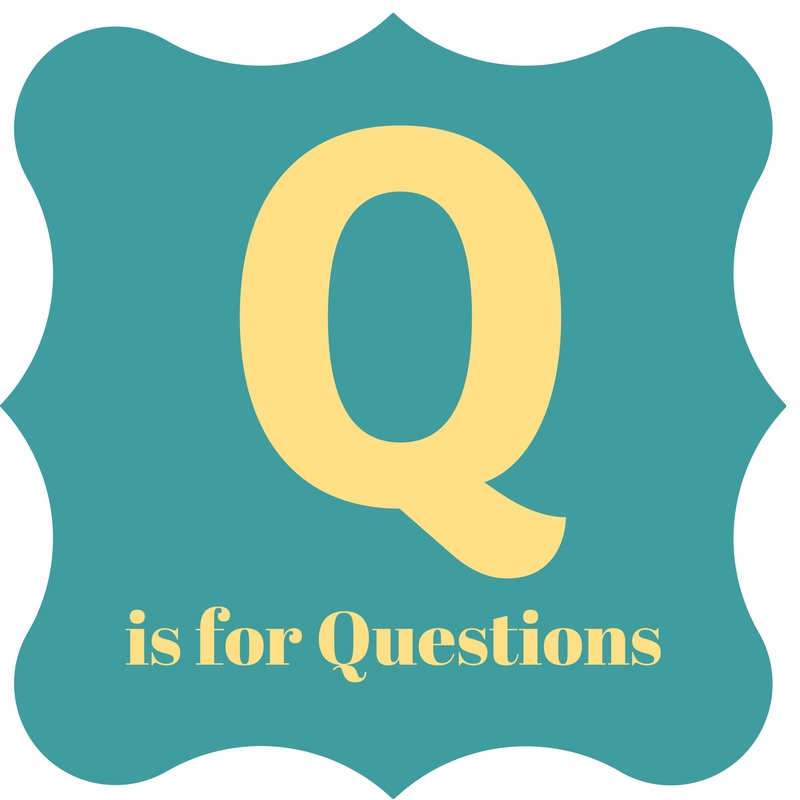Q is for Questions
My workshops begin with the readers summarizing what a piece is about: what happened. We make sure we all read the same story, and the writer, listening, discovers what we made of her or his efforts. This is an easy step to skip, but it’s vital we all understood the story.
Next we talk about what we liked and loved. I return to this at the end of the discussion as well, because I’ve found that writers forget what praise was heaped upon them and seize only on the problems. To know what we are doing well–and what we don’t want to undo in our revision–is another easily skipped yet vital matter.
Then I say, “Where did you get confused or thrown out of the story, where did you want more? Where did you have questions that may be a reader’s questions that will pull your further into the story or may be questions that indicate a problem or an issue? Sometimes only the writer will know which kind of question yours turns out to be. What came up as you read?”
First, let me point out that this little speech is designed to elicit a reader’s response, not the insights of a fellow writer per se. What we writers need is readers who show us what it’s like to read our work fresh–for that is an experience we cannot quite create for ourselves.
Questions are often powerfully misunderstood in workshops. In a workshop, a reader reaching the end of the selected pages may find herself frustrated, longing for answers. That same reader holding the entire book would simply stay up all night reading on for answers, but lacking that option, she comes into a critique demanding that the writer stuff answers into the pages at hand.
A new writer, faced with myriad questions about her chapter, will go back and try to jimmy the answers into the section, to fill in the gaps and, worse still, explain. To get rid of the questions.
But questions are a vital part of story telling. The first thing you want to do is raise a question in your reader, and each time you answer a question, a new one must emerge unless you are at the end of the book. It’s worth spending time figuring out what your readers will be asking themselves as they read your work.
Without questions, your reader will likely put the book down and wander–and wonder–elsewhere.
A Practical Alphabet for Writers: Find all the letters so far at https://bookwritingworld.com/blogs/

